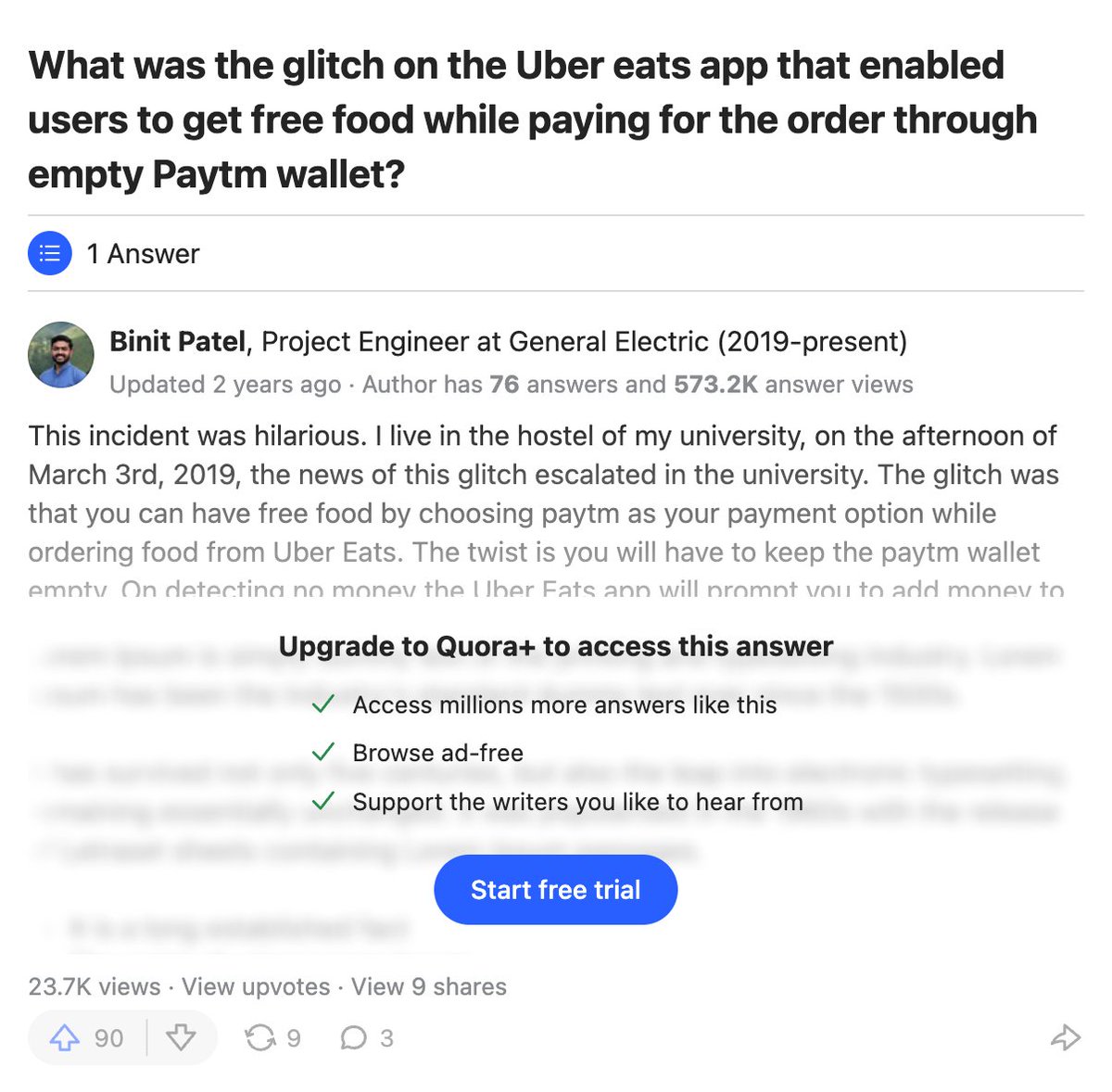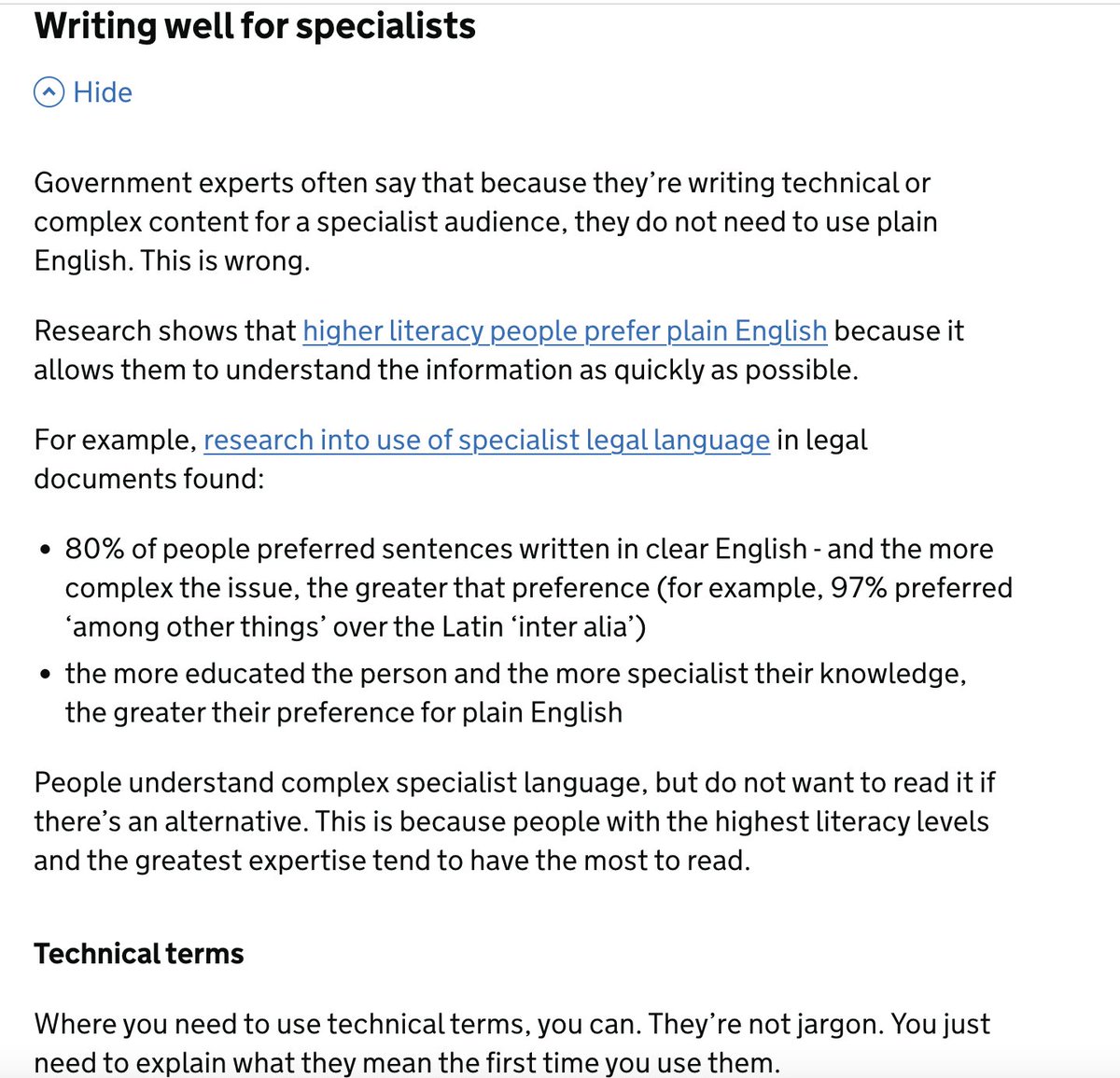
Every now and then I come across the pretentious fact that almost every tech company can claim: how it’s harder to get in there than Harvard.
Buddy.
1 Harvard application == weeks/months of work put in.
Your stat: inbound resumes to a job ad, ~5 minutes/applicant effort.

Buddy.
1 Harvard application == weeks/months of work put in.
Your stat: inbound resumes to a job ad, ~5 minutes/applicant effort.


And yes, it’s true that virtually every tech company with a decent brand rejects far more than 96% of applicants. Especially if they put a pay and into the job description.
Most of them rejected during a very quick resume screen.
Most of them rejected during a very quick resume screen.
And as Blinkist confidently claims that by having a 4% interview to hire ratio and this hiring the smartest people… Big Tech typically has sub 1% (yes, really).
Cloudflare: 0.7%. Here are the numbers.
Obviously they don’t compare with Harvard because why would they.
Cloudflare: 0.7%. Here are the numbers.
Obviously they don’t compare with Harvard because why would they.
https://twitter.com/eastdakota/status/1476766861320605696
Several commenters pointing out Blinkist compares interview success rate (interviews vs hired) vs admission rate (applicants vs admitted). So their comparison is not apples to apples.
For applicants vs hired, almost every tech company will be below Harvard’s admission rate.
For applicants vs hired, almost every tech company will be below Harvard’s admission rate.
And Blinkist seems to be either very inefficient at interviewing - wasting times of both parties, or they include recruiter screens as “interviews”.
Either way, this is one of the weirdest ads I’ve seen. I guess it works as we’re talking about Blinkist - even if a negative way.
Either way, this is one of the weirdest ads I’ve seen. I guess it works as we’re talking about Blinkist - even if a negative way.
https://twitter.com/karrisaarinen/status/1502768593649352704
• • •
Missing some Tweet in this thread? You can try to
force a refresh








